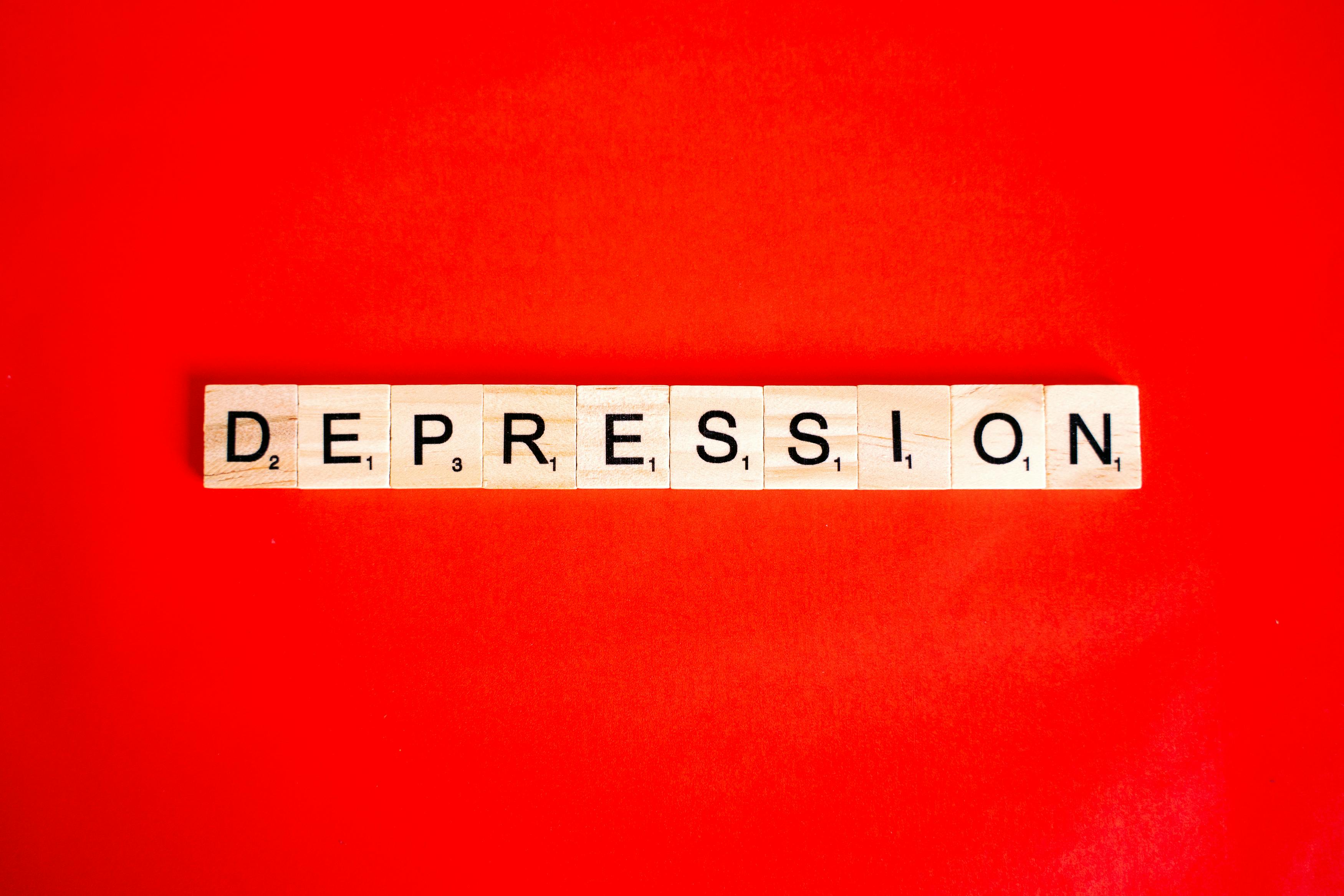Childhood trauma is like one of those silent films that replay in the back of your mind—whispering ever so quietly, yet influencing everything in your adult life without you even realizing it. It’s also like, going back to rewrite your childhood story can bring about some sense of healing closure, or at least, that’s what we’re hoping for here. But how do you truly start? I’ve got—a sort of—one person’s guide to diving into memories for the sake of becoming whole again.
Table of Contents
- Understanding Childhood Trauma
- The Importance of Reflection
- Barriers to Reflecting on Childhood Trauma
- Benefits of Reflecting on Childhood Trauma
- Conclusion
- References
Understanding Childhood Trauma
What exactly is childhood trauma? it’s those early, rough chapters in life—a nightmare many kids, unfortunately, know all too well. We’re talking about nightmares not in the dark, but in real life (neglect, abuse, the shouts that never seemed to end). The National Child Traumatic Stress Network estimates that about 35 million children in the U.S. have been touched by trauma. Isn’t that just wild? Before the age of four, nearly 26% have already faced some kind of traumatic event. It starts early, right?
Something about trauma—it’s sneaky. It doesn’t just affect your mental wellness, no, it messes with your head, literally changing your brain structure, they say. That’s wild. Your brain, the place that manages how we feel and react—reshuffled by life’s harsh moments. Truly makes you wonder, doesn’t it?
The Importance of Reflection
Here’s the thing about reflection: it’s not wallowing. It’s about peeping into your past to understand the hows and whys of who you are today. It’s taking those childhood hauntings and saying, “Hey, I’ll decide what you truly mean now.” It’s insight. It’s change.
Steps to Reflect on Childhood Trauma
Let’s create a space that feels cradled in safety, hmm? This place could be anything—a therapist’s comforting office, your journal that’s got your back, or maybe an alcove by a peaceful stream (if you’re that lucky).
- Create a Safe Environment: Create a supportive cocoon around yourself, where your truths can dance freely. Maybe it’s with a therapist, maybe it’s on a quiet afternoon with just you and your thoughts.
- Journaling: Write it down. Write until your wrist can’t anymore. There’s something to scrawling pain on paper that lightens your mental load. Heck, a few studies say it improves mental health, like when The Guardian reported the benefits of expressive writing.
- Seek Professional Help: Therapists, ah, they’re the navigators in this murky water, aren’t they? The likes of CBT or EMDR have been known to chip away at PTSD demons. I remember reading somewhere—a study found EMDR slicing through PTSD for 77% of participants. Fingers crossed, right?
- Mindfulness and Meditation: I didn’t believe in meditation until it softened my ever-tense shoulders. Being present, not judging your emotions—it’s like clearing the fog so you can see further. Steer towards guided meditations around healing: feel, breathe, heal.
- Identify Triggers: Triggers? Eh, pesky li’l things, aren’t they? Make a list of stuff that pulls your emotional chain. Faces, places—distill them, and plan your response. Be the boss of your reactions, not the other way around.
- Reflect on Your Strengths: You’ve survived. Maybe grown. Those survival muscles built strength. Seeing yourself in this light isn’t just empowering; it’s taking back the pen to your narrative.
Barriers to Reflecting on Childhood Trauma
Reflecting on childhood trauma takes gumption. It’s doused with hurdles—
- Fear of Reliving Trauma: It’s like watching a movie you hate, over and over. But with a sidekick (a therapist, perhaps), it doesn’t have to be this daunting.
- Denial or Minimization: “Was it really that bad?”—Oh yes, it was. Downplaying safeguards the heart, yet acceptance nurtures.
- Emotional Overwhelm: These powerful waves hit hard. Before you set sail, gather the tools—grounding techniques, a safety net of understanding friends.
Benefits of Reflecting on Childhood Trauma
Despite the weight, reflection offers profound gifts—
- Emotional Healing: Parsing through past crises, you find the density of emotions lightening. It feels like mental spring cleaning, doesn’t it?
- Improved Relationships: By understanding how your past plays the strings of your social dealings, you pave the way for tender, healthier bonds.
- Increased Self-awareness: It’s like a mirror you never knew you needed. Recognizing your own etchings moves you forward.
Conclusion
Embracing the discomfort of one’s past is not for the faint-hearted. But then, nothing worth it comes easy, does it? Reclamation starts with reflection. Seek out kindness in your pursuit and patience—oh, lots of it. You’ve got this. You’re not doing it alone. Hapday’s got resources for you, too, if technology is more your speed. Ultimately, each reflection, each insight—it’s your personal testament to resilience. Be proud.
References
- National Child Traumatic Stress Network. (n.d.). Understanding Child Trauma.
- Cambridge University Press. A treasure trove of expressive thoughts.
- van der Kolk, B. A. (2014). Books—even in 2021, they’re a touchstone. Astonishing.

